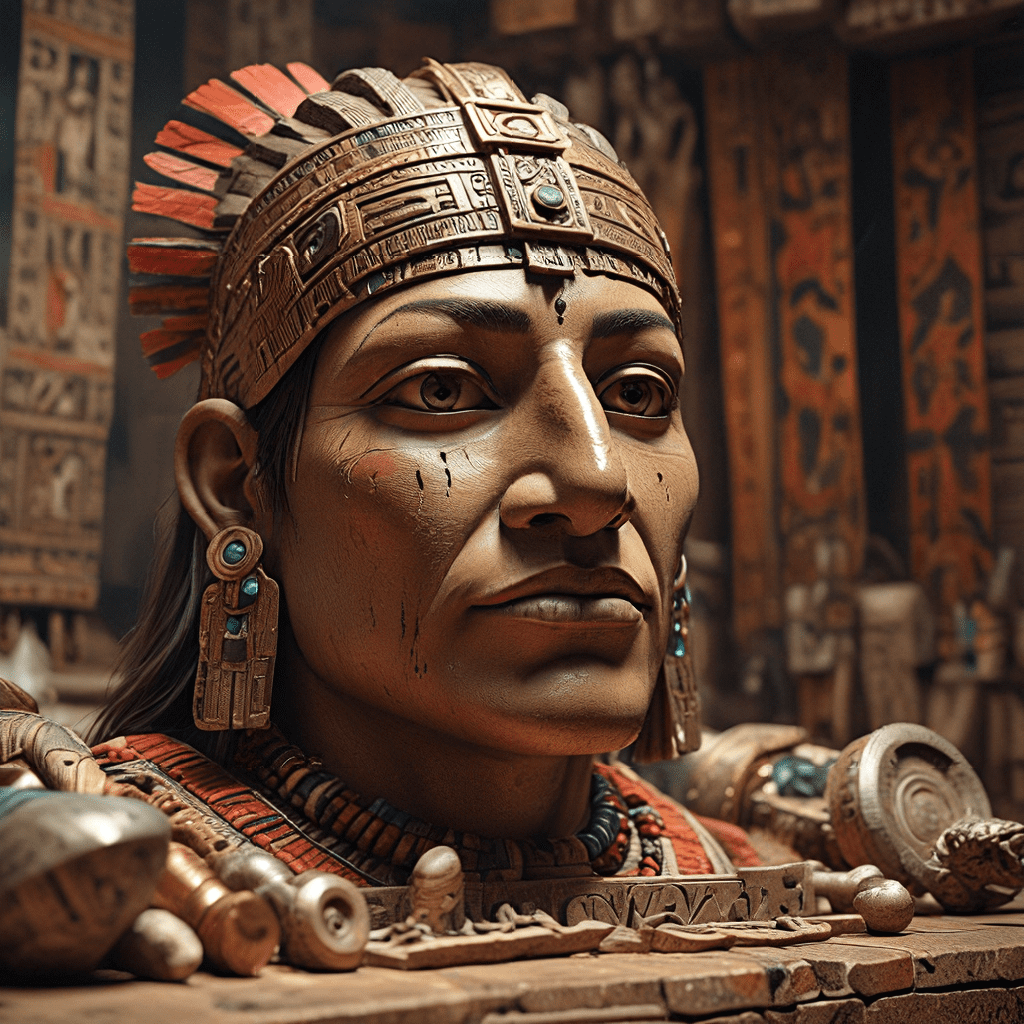The Symbolism of Keys in Greek Mythology
In Greek mythology, keys hold significant symbolic meanings that often transcend their physical purpose of unlocking doors. Let’s delve into the captivating world of Greek mythology to understand the depth of symbolism associated with keys.
1. The Key as a Symbol of Authority and Power
In Greek mythology, keys are frequently portrayed as symbols of authority and power. The key represents the ability to control access, whether to physical spaces or to hidden knowledge. Hades, the ruler of the underworld, held the key to the realm of the dead, emphasizing his supreme power over life and death. Keys were seen as sacred objects that only the deserving or the designated guardians could wield.
2. Keys as a Symbol of Secrecy and Mystery
Keys in Greek mythology are often associated with secrecy and mystery. They are seen as instruments that unlock hidden truths or realms beyond the ordinary. The veil between the known world and the unknown is often represented by a key. For example, the concept of the ‘Golden Key’ in various myths symbolizes unlocking profound mysteries or accessing divine knowledge that was kept secret from mortals.
3. The Key as a Symbol of Transition and Passage
Keys also symbolize transition and passage in Greek mythology. They signify the threshold between one state of being and another. In the myth of the “Key of Janus,” keys were associated with transitions, gates, and the new beginnings that come with them. They serve as markers of change, allowing individuals to move from one phase of life to another.
4. Keys as Symbols of Protection and Guardianship
Within Greek mythology, keys were often viewed as symbols of protection and guardianship. The keyholder was tasked with safeguarding what lay beyond the locked doors or gates. Keys were thought to have the power to ward off evil or to keep treasured possessions secure. Athena, the goddess of wisdom, is sometimes depicted holding a key as a symbol of protecting knowledge and guarding sacred spaces.
Frequently Asked Questions about the Symbolism of Keys in Greek Mythology
What do keys symbolize in Greek mythology?
In Greek mythology, keys symbolize authority, knowledge, and access. They are often associated with deities like Hades, the god of the underworld, who held the key to the realm of the dead, signifying his power and control.
Are keys mentioned in any famous Greek myths?
Yes, keys play a significant role in the myth of Persephone. Hades used a key to unlock the gates of the underworld and abduct Persephone, symbolizing his dominion over life and death.
Do keys hold any other symbolic meanings in Greek culture?
Apart from their association with gods and goddesses, keys in Greek culture also symbolize protection, secrets, and the concept of unlocking hidden knowledge or mysteries.
How are keys depicted in Greek art and literature?
In Greek art and literature, keys are often portrayed as intricate and ornate objects, reflecting their importance and symbolic significance in mythology. They are depicted in the hands of deities or as mystical objects with magical properties.



